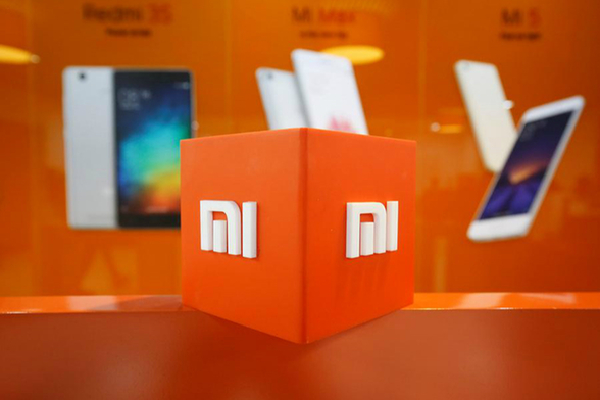 |
|
The logo of Xiaomi is seen inside the company's office in Bengaluru, India Jan 18, 2018. [Photo/Agencies] |
Mainland, HK bourses' agreement on Stock Connect inclusion lifts sentiment
Mainland stock exchanges and the Hong Kong stock exchange have reached an agreement on adjusting Stock Connect inclusion arrangements for the Hong Kong listed firms with dual-class share structures, sending Xiaomi shares surging.
The Hong Kong stock exchange, together with the Shanghai and Shenzhen stock exchanges, will form a group to work on detailed rules of including the companies with dual-class structures in southbound trading under the Stock Connect, according to a statement from Hong Kong Exchanges and Clearing Ltd.
Dual-class share structures allow for weighted voting rights.
The three bourses will also set up a joint working group to formulate specific programs and supplementary rules for the inclusion of dual-class structure companies in Stock Connect trading.
"Although detailed information hasn't been released, it is very possible that Xiaomi will gain approval for investment via southbound trading in the near future, given the company's market capitalization has surpassed many other eligible securities and its positive profit performance in the past few years," said Castor Pang Waisun, head of research at Core Pacific-Yamaichi International.
As the first Hong Kong-listed company with a dual-class structure, Xiaomi, which opened at HK$21.40 ($2.73) on Wednesday, surged more than six percent in the morning trading session. It hit an intraday high of HK$22.20, before closing at HK$21.55 in the afternoon, up 3.11 percent for the day.
The Beijing-based smartphone maker's shares had tumbled as much as 9 percent on Monday, after the Shanghai stock exchange said Chinese mainland investors would not be allowed to buy dual-class shares last Saturday. The bourse said many investors do not understand the risks associated with new products.
Charles Li Xiaojia, CEO of HKEX, flew to Beijing on Monday night, paving the way for Chinese mainland institutional and retail investors to invest in Xiaomi, as well as other future Hong Kong-listed companies with this kind of share structure.
The city opened its door for founders to protect their more heavily weighted voting rights in April. Since then, Xiaomi has suffered a number of setbacks after its IPO, from pricing its shares at the lower end of its pricing range, to being excluded from the MSCI Emerging Market Index.
"Xiaomi won back market confidence when Hang Seng Indexes Co Ltd announced it will include Xiaomi in the Hang Seng Composite Index," Pang said. "And today's fresh drive from the city's (Hong Kong's) stock exchange embodies investment demand from both sides".